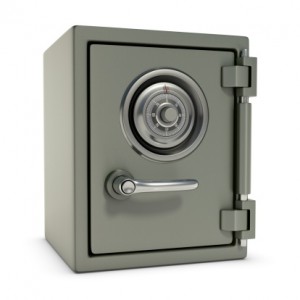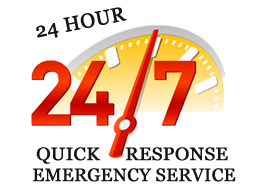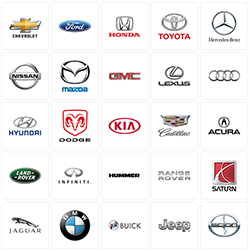Which is Better, a Safe or a Safety Deposit Box?
Home safes and bank safety deposit boxes have distinct uses.

Safety Deposit Box Pros and Cons
The main advantage of a safety deposit box is the additional security provided by the safe deposit vault and by the bank building itself. However, this added security can also spell added hassles for accessing your property. You will obviously be restricted to accessing your safe deposit box during bank opening hours, and you may also find it inconvenient to add or remove authorized users from your account. Another drawback of a safety deposit box is that while it is secure from theft, it is not secure from water damage if the bank were to flood or have a sprinkler system malfunction. Safety deposit boxes also come with a monthly fee that can really add up over the years.
Home Safe Pros and Cons
The main benefit of a home safe is access. You can get into your safe whenever you want, and you can provide the combination or key to your safe to any trusted person if desired. Home safes also come with different levels of protection against fire, water, and theft to give you peace of mind that your valuables will be protected. While the initial cost of a high-quality home safe may be high, if you keep it for decades it will actually be a very cost-effective solution to your secure storage needs.
What to Keep Where
Ultimately, it is impossible to say whether a home safe or a safety deposit box is better without knowing what you need to store. Experts recommend splitting your valuables as follows:
Home Safe: Any valuables you need to be able to access at a moment’s notice, such as your passport, social security card, cash, handguns, jewelry you wear frequently, etc. should be kept in a quality home safe. You can also keep copies of important documents like your will and power of attorney in your home safe, but be sure to also provide copies to your attorney and executor.
Safety Deposit Box: The bank is a good place for papers that are important but not likely to be needed unexpectedly, such as your birth certificate or marriage certificate, death certificates of close family members, and military records. You can also keep any valuables used for investment purposes (like gold coins or diamonds) in your safety deposit box.
Need Help Selecting a Home Safe?
If you’d like to get an introduction to important safe ratings and features, please come to RBM Lock & Key to browse our selection of quality home safes in the company of our experienced locksmiths.

 909-980-3448
909-980-3448









 2235 E. 4th St Suite B, Ontario, CA 91764
2235 E. 4th St Suite B, Ontario, CA 91764